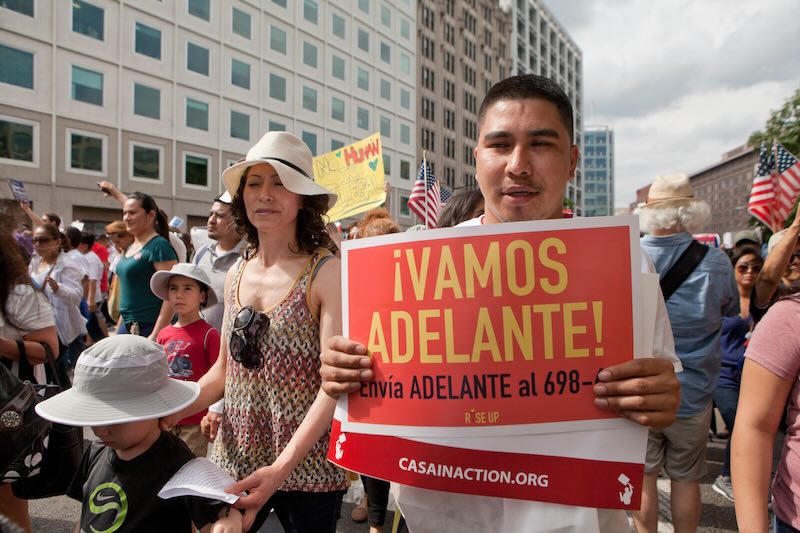
Cascade Party
A new path in Washington State politics.

A new path in Washington State politics.
Immigration
A path towards opportunity and enforcement.

By Damon Townsend and Krist Novoselić (September 26, 2025)
Immigration is yet another issue caught up in polarized politics. Let's use the legislative process to craft a predictable and fair immigration policy. Cascade Party Washington wants to discuss an immigration policy which balances enforcement with opportunity. The time has come for the politicization and resulting anxiety to stop.
American immigration policy since World War II offers valuable lessons for crafting a realistic policy. Major reforms have often combined humanitarian ideals with enforcement and economic pragmatism.
The Immigration and Nationality Act of 1965 abolished the national-origins quota system, opening America’s doors to immigrants based on family ties and skills rather than ethnicity. This bipartisan law reflected values of fairness and opportunity, setting the stage for today’s diverse immigrant population.
Another milestone was the Immigration Reform and Control Act of 1986 (IRCA) under President Reagan. IRCA was a bipartisan compromise that granted amnesty (legal permanent residency) to about 2.7 million undocumented immigrants who had put down roots in the U.S., while simultaneously instituting the first penalties for employers who knowingly hire unauthorized workers. The law beefed up Border Patrol resources and required employers to verify work eligibility (the origin of today’s I-9 employment form). Reagan hailed IRCA as a humane effort to regain control of borders and uphold the value of citizenship. IRCA’s dual approach of legalization plus enforcement embodied pragmatic centrism.
However, it also taught us that one-time fixes are not enough. After IRCA, illegal immigration continued to rise, partly because enforcement measures were not fully effective or funded. This underscores that lasting reform must address future labor needs and enforcement, not just offer one-time amnesty.
The 1990 Immigration Act had broad bipartisan support and increased legal immigration quotas, creating new visas for high-skilled workers (H-1B program) and the Diversity Visa lottery. This expansion acknowledged that welcoming talent and diversity fuels economic growth. In 1996, laws tightened enforcement with expedited removals and border fencing, reflecting public demand for rule of law, but without providing new paths to legal status, they did little to resolve the status of millions of undocumented residents.
The early 2000s saw attempts at comprehensive immigration reform. The most notable was a bipartisan Senate push in 2006 and another in 2007, both combining stronger border security with a path to citizenship for undocumented immigrants and reforms to legal visas. Although those efforts failed, they set the template for the 2013 Gang of Eight plan.
In 2013, a bipartisan “Gang of Eight” Senators crafted the Border Security, Economic Opportunity, and Immigration Modernization Act of 2013 (S.744). This so-named "gang" included Democratic Sen. Charles Schumer (NY) and Republican Sen. Marco Rubio (FL). The compromise combined four key pillars:
The Gang of Eight bill passed the Senate 68-32 with 14 Republican votes. Although it died in the House, it remains a template for centrist reform, showing that pairing security with compassion can attract wide support.
These proposals share a common thread: centrist, evidence-based solutions — they are realistic, having either passed one chamber or built significant bipartisan support. They balance compassion with rule of law by holding individuals accountable while offering opportunities to those who contribute. They expand opportunity by allowing immigrants to pursue education, work, and community life.
Immigration need not be a flashpoint in polarized politics. The Cascade Party can adopt these proposals as the foundation of its stance, showing commitment to solutions over slogans, compassion balanced with enforcement and an immigration system that helps people live their best life.
Damon Townsend is a Cascade Party board Member, representing district 3/6. He has experience in government administration. Krist Novoselić is Cascade Party Chair. He serves on the board of directors in an at-large position. He also served as Chair of FairVote — a leading election reform group, from 2008 until 2019.
(Image: B Christopher for Alamy Images.)